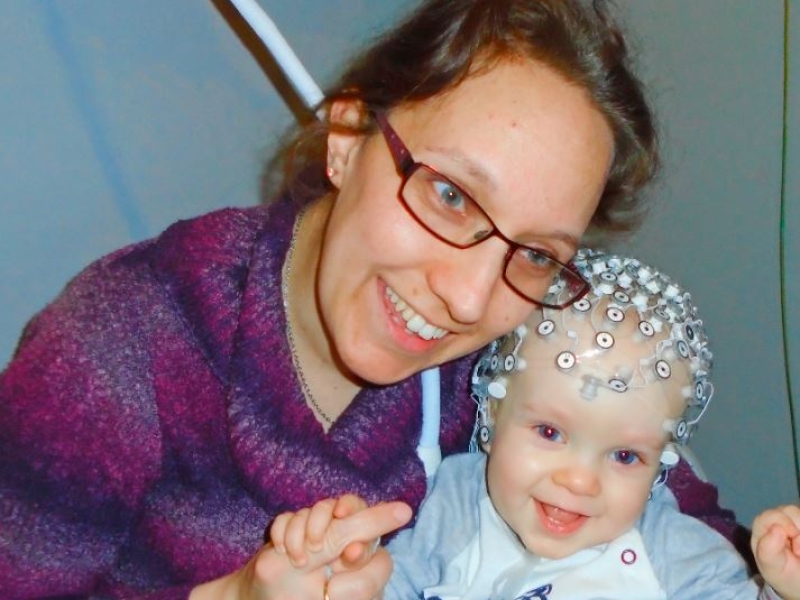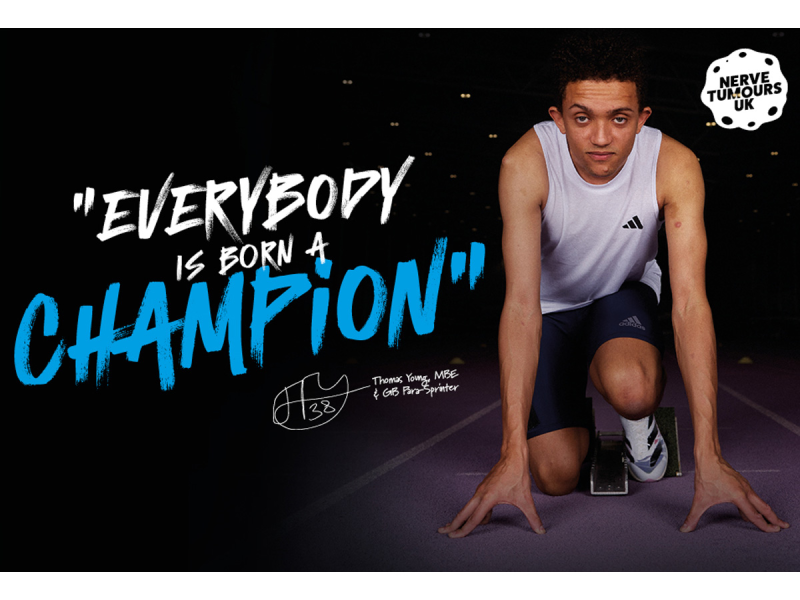Recent Research from DR Shruti Garg
21 December 2018
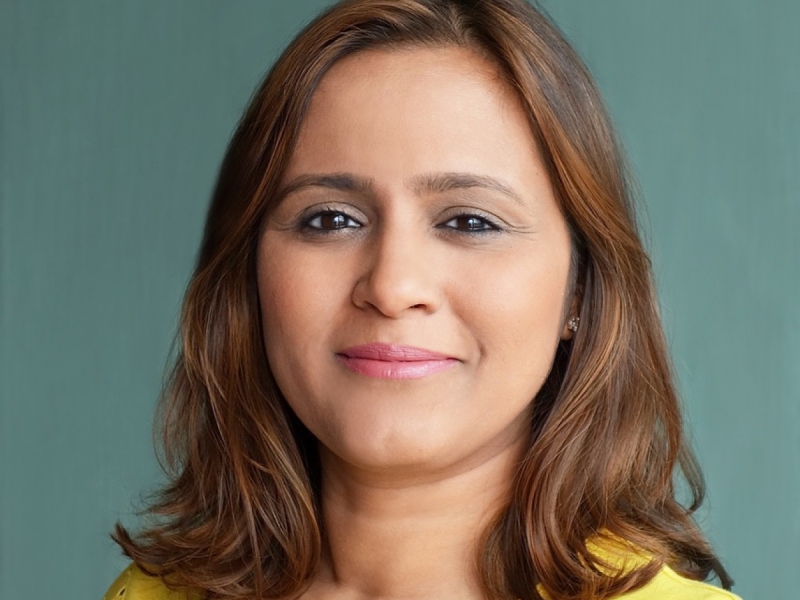
DR SHRUTI GARG
Dr Shruti Garg, consultant in child & adolescent psychiatry at Royal Manchester Children’s Hospital is the first non-US resident to receive The Francis S. Collins Scholars Award in Neurofibromatosis Clinical
and Translational Research – a $555,000 research award. Here she provides an update on her latest research. We have two exciting studies that are currently ongoing...
Recent Research from DR Shruti Garg
Non-invasive brain stimulation in NF1 (NNIBS study)
Learning difficulties especially working memory problems are common in NF1. Working memory is important for following instructions, holding temporary information in your mind, reasoning and making decisions. Working memory problems can also be part of other conditions such as autism and ADHD.
In the NNIBS study we wanted to test whether a type of treatment known as tDCS (transcranial direct
current stimulation) may be helpful for children with working memory problems. We wanted to test whether this treatment would be safe, well tolerated and acceptable for children and families with NF1. We tested 16 children with NF1 – 8 received active tDCS and 8 received sham (fake) tDCS over 3 days. We also invited the children back to our testing lab after 30 days of the treatment.
Our early results look promising. Firstly, we found that tDCS was safe, well tolerated and acceptable for children and families. It was associated with minimal side effects. Importantly, there were no differences in side effect reporting in children who received active or sham tdCS. Secondly, we found that all the children improved in their performance on working memory
computer tasks over the 3 days. The improvement was slightly better in the active tDCS group than the sham tDCS group. Excitingly, the children
maintained the improvement when we saw them after one month. We are now writing these results to publish them in a journal.
We are also doing some work to understand how the tDCS works; that is, does it affect the brain chemicals and networks that we know are important in NF1? Starting January 2019, we will be testing 30 adolescents with NF1 in the MRI scanner to see how the tDCS affects the brain. If you are interested in taking part in the study please get in touch with Dr Garg (shruti.garg@manchester.ac.uk).
We would like to thank the Newlife Foundation for Disabled Children for funding the pilot work and the NTAP (Neurofibromatosis Therapeutics Acceleration Program) at John Hopkins University for funding the work starting January 2019.
– Dr Shruti Garg"We found that tDCS was safe, well tolerated and acceptable for children and families."
Update from the Early Development in NF1 (EDEN) study
Thanks to the support of our funders and collaboration between Universities of Manchester & Birkbeck, the EDEN study has enrolled 30 (and counting!) babies and toddlers with NF1. Families can join the study when their baby is roughly 5, 10 or 14 months of age. They come to the Birkbeck Babylab in leafy green Bloomsbury for 4 visits (at 5, 10, 14 and 24 months) and also go to Manchester for two visits (at 24 and 36 months), so the researchers really get to know the babies and the families. It has been an incredible opportunity to work with the babies and watch as they grow up!
The visits to the labs include tasks such as eye-tracking (using a small camera to measure what the baby is looking at on the screen) and EEG (a technique that measures
naturally occurring brain responses to stimuli in the environment – babies wear a special hat and often look like baby astronauts!). We also conduct fun play-based tasks which
look at their overall development. The babies get plenty of breaks and many fun games to keep them interested.
This data is collected as part of a bigger project, which measures early development in infants at high risk of autism or ADHD. We hope that findings from this study will further help us understand how infants with NF1 develop, as well as identify early markers of ASD/ADHD.
Please do get in touch by emailing eden@manchester.ac.uk if you have a baby with NF1 and would like to get involved
– Dr Shruti Garg"It has been an incredible opportunity to work with the babies and watch as they grow up!"
Filter News
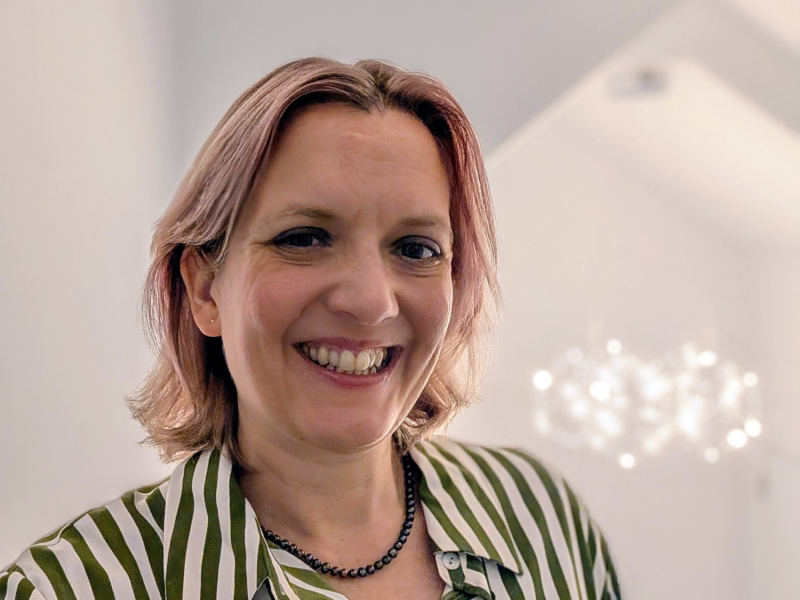
Juliette Buttimore joins our Medical Advisory Board
Juliette Buttimore, Nurse Consultant, specialising in NF2-related schwannomatosis and skull base conditions
Read More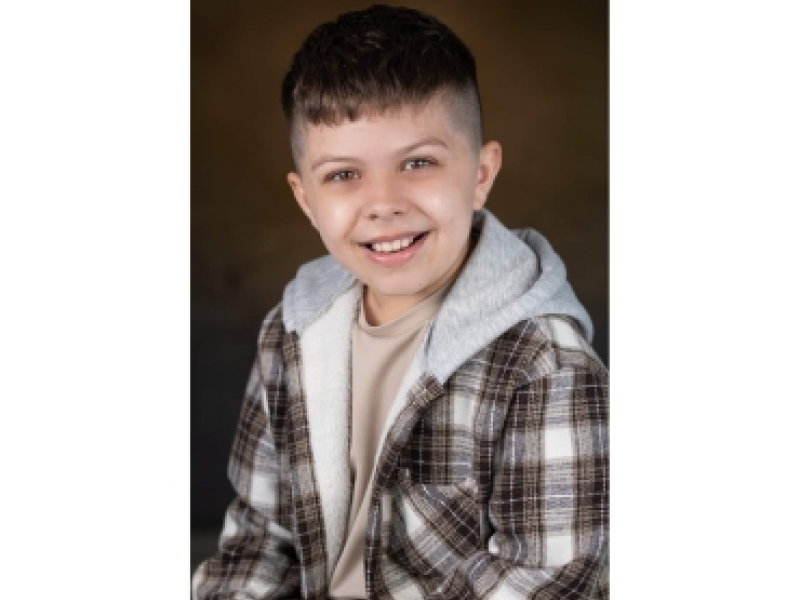
Freddie’s motto: “Be kind, be brave and be happy”
Meet Freddie: diagnosed with NF1 as a baby, he loves performing and has a role in the film Christmas Karma
Read More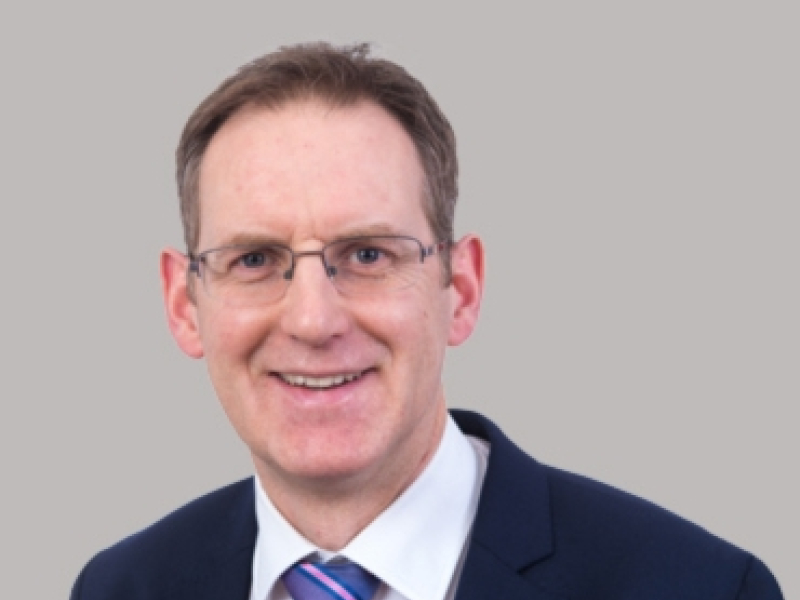
Understanding Neurofibromatosis Type 1 (NF1): A surgeon’s thoughts
Christopher Duff is a plastic surgeon working with NF1 patients in Manchester, he answers some common questions from patients
Read More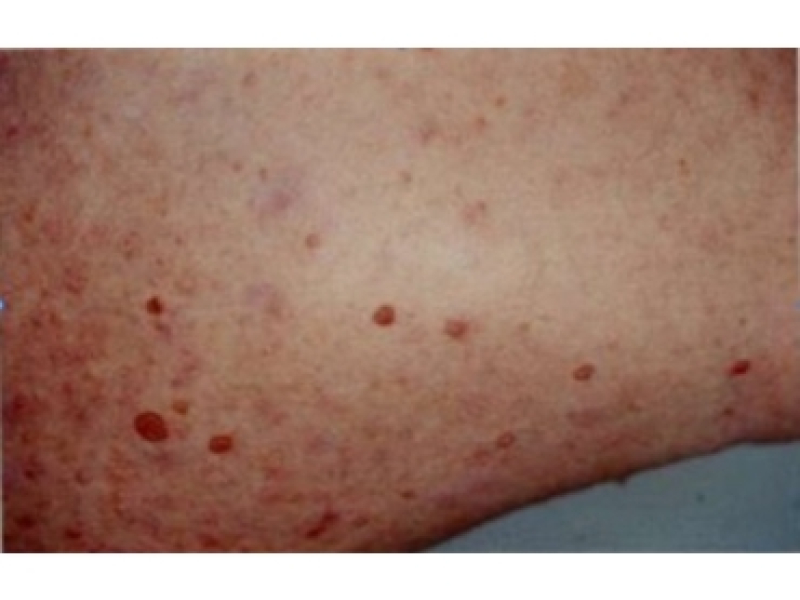
Understanding NF1: A guide to skin neurofibromas and their treatment
This guide is for people with NF1 and explains what neurofibromas are and what treatments might help.
Read More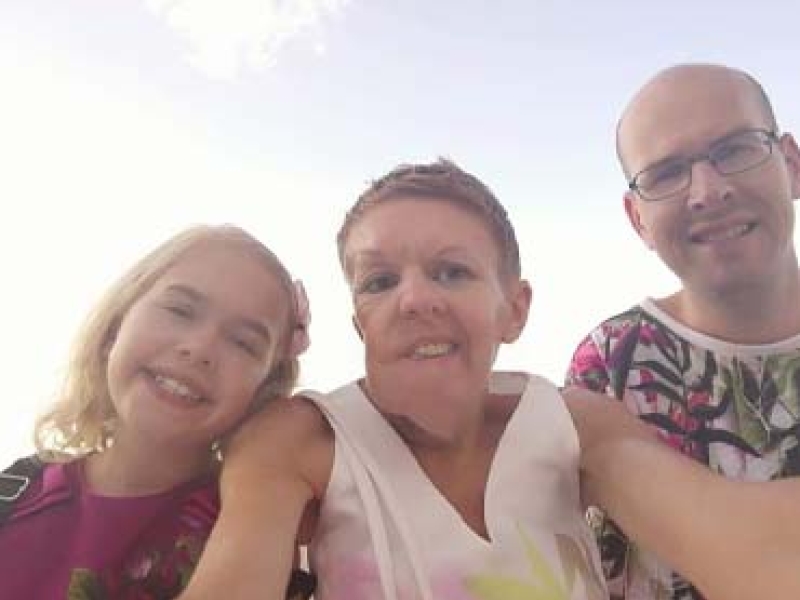
Olivia’s NF1 story
Olivia and mam Kelly share their NF1 story, highlighting school achievements and support from NTUK Specialist Nurses
Read More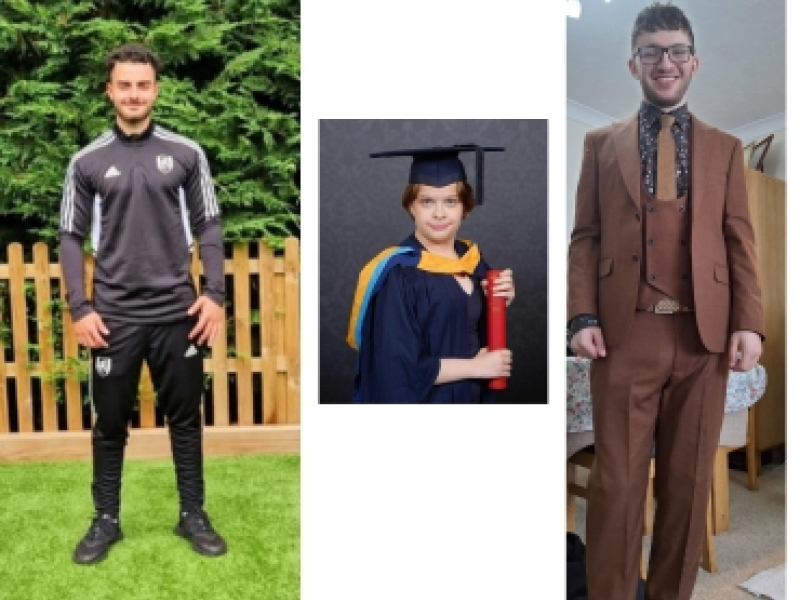
Revisiting the GCSE class of 2020
Five years on from their GCSEs, we speak to Ella, Thomas and Noah to discover what they have been up to
Read More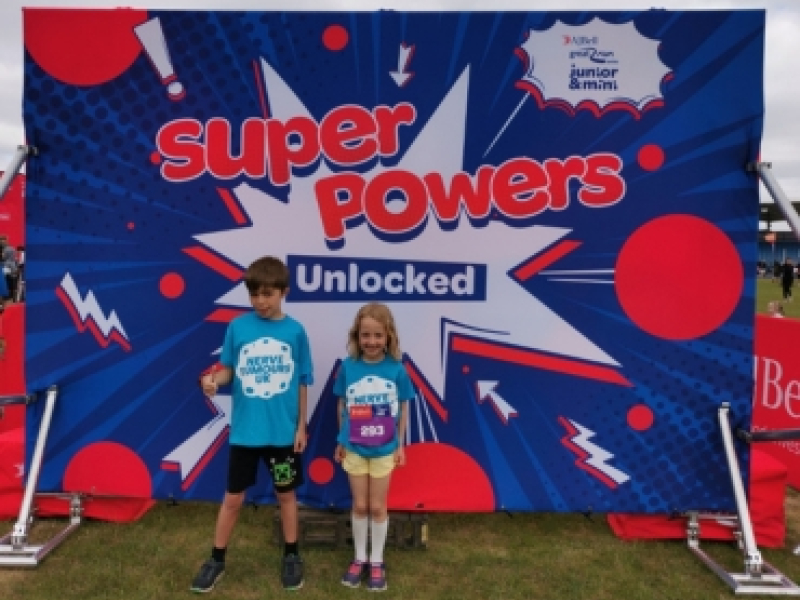
Benjamin’s NF1 story
11 year old Benjamin has NF1 and is the inspiration for his family's fundraising
Read More_3_800_600_s_c1.jpg)
Lynne Highy joins our team of Specialist NF Advisors
Read all about the newest addition to our team.
Read More
